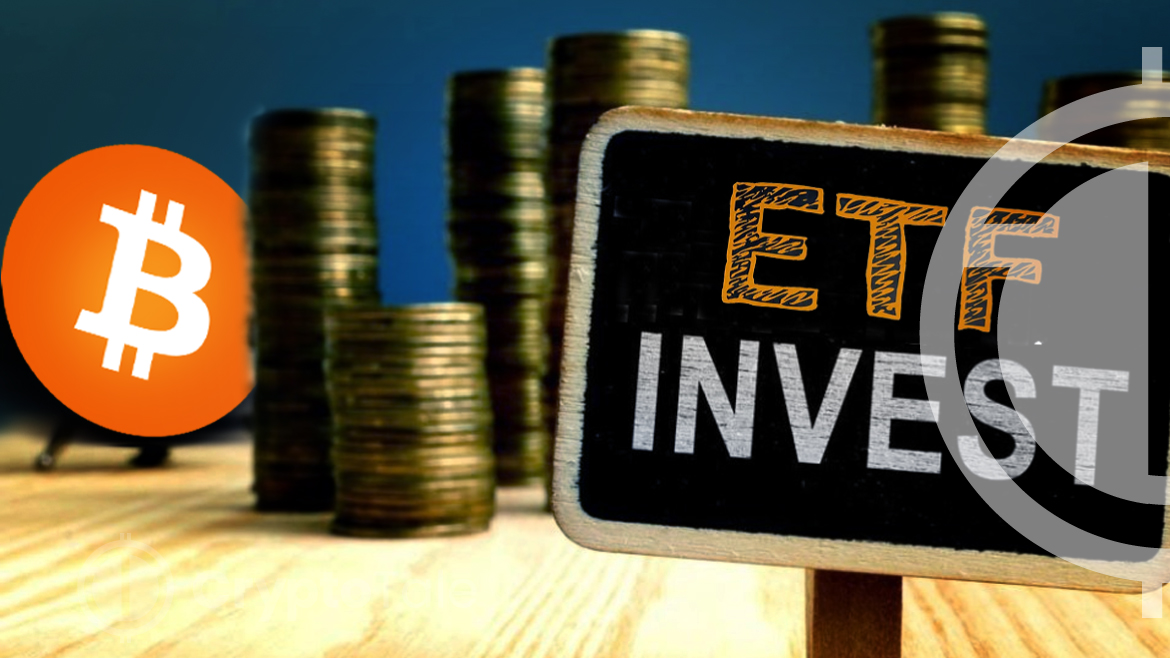
Over a decade after the initial application, the U.S. Securities and Exchange Commission (SEC) has finally sanctioned not just one but 11 spot bitcoin exchange-traded funds (ETFs). This landmark decision, which came to fruition on Thursday, January 11, marks a significant milestone for Bitcoin investors.
While it’s uncertain which ETFs will emerge as the most dominant, one fact is unequivocal. For investors interested in bitcoin, spot bitcoin ETFs now represent the most attractive choice in the fund market.
What Are Bitcoin Futures?
Futures are derivative contracts that bind two parties to trade an asset or its cash value at a set price on a specified future date.
The trading of Bitcoin futures involves speculating on the future price of BTC. Essentially, it’s a wager between two parties: one predicts an increase in BTC’s future price, and the other forecasts a decrease. The party whose prediction proves incorrect compensates the other with a cash settlement.
Futures contracts are not limited to Bitcoin; they exist for currencies, stock indexes, and commodities. The Commodity Futures Trading Commission (CFTC) oversees the overall futures market. Bitcoin is classified as a commodity by the CFTC, making Bitcoin futures a type of commodity future.
The Chicago Mercantile Exchange (CME) is the trading platform for Bitcoin futures contracts. New monthly contracts are introduced regularly for cash settlement.
The CME lists monthly BTC futures contracts for the next six months and additional quarterly contracts for the coming four quarters. There’s also an extra December contract available if only one is listed. Each Bitcoin futures contract on the CME represents 5 BTC and expires on the last Friday of the contract month.
What is ETF?
An exchange-traded fund (ETF) is a pooled investment security similar in function to a mutual fund. Typically, an ETF tracks a specific index, sector, commodity, or a range of assets.
However, unlike mutual funds, ETFs can be bought and sold on a stock exchange like regular stocks. They can be designed to follow anything from the price of a single commodity to a broad and varied collection of securities.
They can also be tailored to replicate certain investment strategies. The SPDR S&P 500 ETF (SPY), the first ETF, was established to mirror the S&P 500 Index and continues to be a highly traded ETF.
What Does a Spot Bitcoin ETF Entail?
A spot Bitcoin ETF is an investment fund that allows investors to gain exposure to Bitcoin’s price fluctuations within their standard brokerage accounts. This differs from bitcoin futures ETFs, as a spot bitcoin ETF holds actual bitcoins as its primary asset rather than derivative contracts tied to bitcoin’s price.
These ETFs provide a streamlined and regulated avenue for the general public to invest in Bitcoin. While they incur usual investment costs such as management fees and brokerage commissions, these are generally balanced out by avoiding direct bitcoin purchase-related expenses, like time investment and exchange fees.
The concept of both spot and futures bitcoin ETFs has been embraced globally. However, U.S. regulatory bodies, initially cautious due to concerns over market manipulation and custody risks, only approved the first bitcoin futures ETFs in 2021 and eventually sanctioned the first spot bitcoin ETFs in January 2024.
Is Investing in Spot Bitcoin ETFs a Wise Choice?
Investors aren’t required to form an opinion on Bitcoin. Making investment decisions based on the fear of missing out is not a sound strategy. Investors should consider these ETFs only if they perceive them to be valuable.
Spot Bitcoin ETFs Offer Superior Advantages Over Other Options
Non-ETF Grantor Trusts Struggle to Track Net Asset Value
Grayscale Bitcoin Trust (GBTC), a grantor trust, saw significant benefits due to the previously limited investment options. Launched in 2013, GBTC offered one of the rare avenues for investors to gain bitcoin exposure without needing to trade on cryptocurrency exchanges. This approach led to a peak of $40 billion in assets under management in 2021. Grayscale’s early entry into the market resulted in substantial fee earnings, partly attributed to the notably high fee of 2%.
However, the operational model of these grantor trusts resembled closed-end funds, posing challenges for investors. Adding or redeeming shares was cumbersome, and regulating the trust size for supply and demand management was complex. This issue wasn’t significant when GBTC traded at a premium, with Grayscale issuing more shares via private placement to meet demand. Yet, when GBTC started trading at a significant discount, Grayscale’s support was absent, forcing investors to sell their shares for less than their worth.
In contrast, spot bitcoin ETFs are likely to mirror their net asset value more accurately than the early bitcoin trusts. This aspect, coupled with the daily creation and redemption of shares, is expected to balance demand and supply, presenting a safer investment option.
Futures Drag on Performance
Initially hesitant about spot bitcoin ETFs, the SEC greenlit the first bitcoin futures ETF over two years ago. The ProShares Bitcoin Strategy ETF (BITO) set a record with its heavily traded debut.
However, as pointed out then, these weren’t the ideal bitcoin ETFs investors anticipated. Investors in bitcoin futures ETFs face an additional cost due to the need to shift from one futures contract to another, a fee not applicable to spot bitcoin ETFs.
Fees
By approving several filings simultaneously, the SEC ignited intense fee competition among issuers throughout the application phase, benefiting investors. Focusing on lower fees and costs became crucial in attracting new assets and compelling issuers to enter the market with competitive fee structures.
Spot bitcoin ETFs substantially reduce fees compared to existing crypto funds. Grayscale trusts charge fees between 2% to 3%, and the largest bitcoin futures ETF has a fee of 0.95%. This is significantly higher than the 0.20% fee proposed in Bitwise’s spot bitcoin ETF filing.
Spot Bitcoin ETFs Lack the Efficiency of Many Other ETFs
While spot bitcoin ETFs present a more favorable option for investors than bitcoin futures ETFs, they still fall short regarding the efficiency typically associated with other ETFs.
The widespread popularity of ETFs is largely due to their low costs, a result of in-kind creations and redemptions that enable ETF portfolio managers to minimize trading and reduce transaction costs.
However, this advantage doesn’t extend to spot bitcoin ETFs. The SEC has only sanctioned cash creations and redemptions for these ETFs. This implies that the ETFs will incur costs associated with the buying and selling bitcoin whenever ETF shares are issued or redeemed.
These trading expenses could impact the performance of spot bitcoin ETFs. The actual impact of these costs is yet to be fully understood. Investors considering spot bitcoin ETFs might opt to wait for these inefficiencies to be addressed or choose traditional ETFs.














